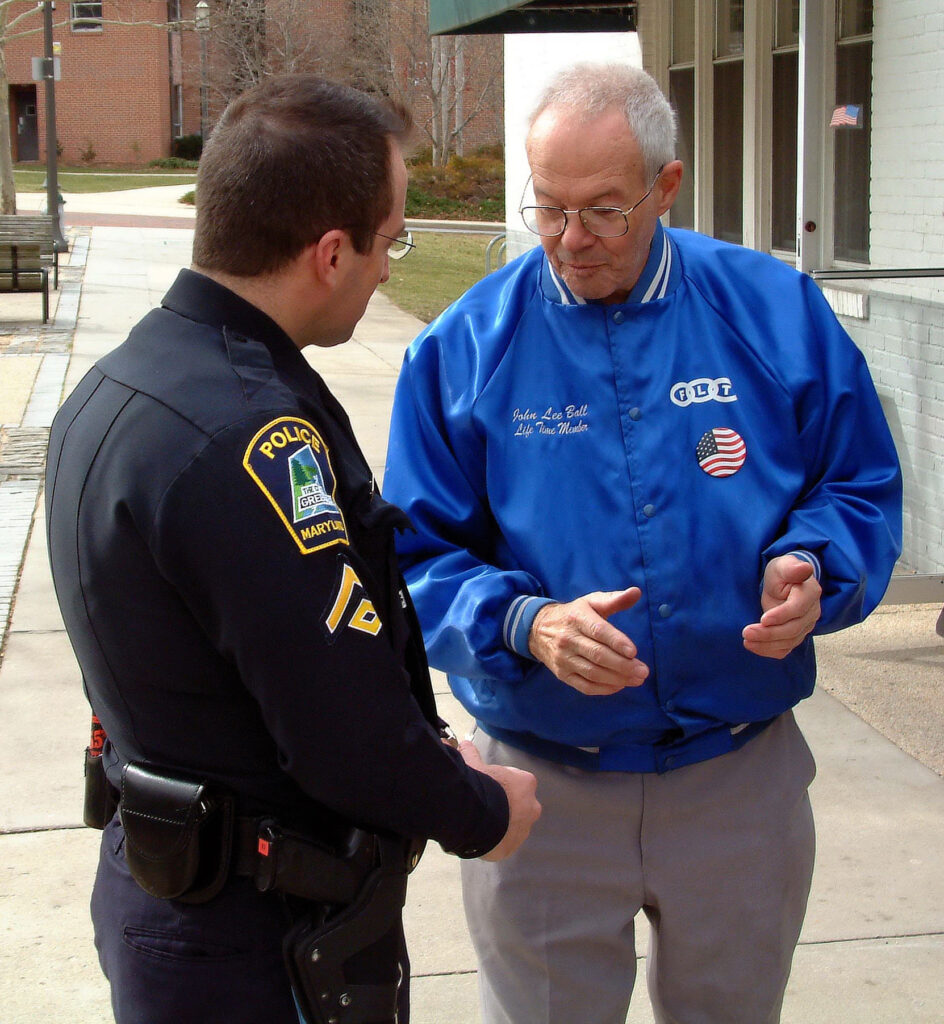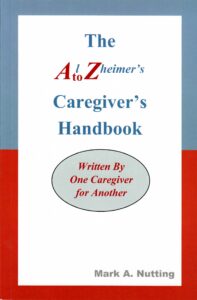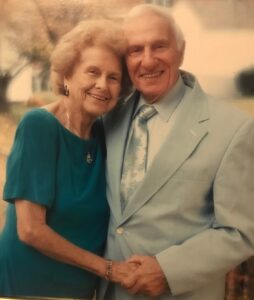There are over 6 million Americans living with Alzheimer’s Disease. There are another estimated 5 million Americans with cognitive impairment. This does not account for the people who are living with other forms of dementia, such as Frontotemporal Dementia, Lewy Body Dementia, Vascular Dementia, Parkinson’s Dementia, and many other neurocognitive disorders. The numbers continue to rise with more people with dementia living in the community.
Ultimately, police officers, firefighters, emergency medical technicians (EMTs), and paramedics are answering 911 calls involving people with dementia. Many of whom do not have the knowledge and education regarding a person with dementia. The negative consequences are avoidable if first responders build their skills and learn how to assess, approach, and engage a person with dementia.
You may have heard the story of Karen Garner. She is a 73yo woman with dementia who sustained trauma, bruises, as well as a fractured and dislocated shoulder during an altercation with police officers in Colorado. If not, please do read and watch the video. It opens our eyes to this huge unmet need for specialized dementia training for first responders. This motivated me to write this blog to hopefully encourage you to advocate for this training in your community.
This specific story also gives the reason why the community requires education. Karen walked to Wal-Mart and due to her brain disease, walked out with $14.00 worth of products without paying. Wal-Mart employees followed her outside, took the items back. Karen responded by pulling the face mask off the employee. Police were called to respond and found her walking on the side of the road.
Karen has aphasia. Aphasia is the inability to communicate utilizing our language skills. Receptive aphasia occurs when the brain is no longer able to process and understand what a person is hearing. Expressive aphasia occurs when the brain is no longer able to find the words and expressive thoughts. Aphasia is a huge barrier to successful communication. If these police officers were trained in dementia and aphasia, there is a high probability this incident would have been avoided.
Karen continued walking, even at the commands of the police officer. According to the Washington Post article, the officer commanded “I don’t think you want to play it this way,” as she kept walking and he then asked, “Do you need to be arrested right now?” She appeared confused, frightened, and repeatedly stated, I am going home. Training would have helped the police officer in his assessment of the reality of her situation. There was not one moment of an attempt to provide the proper, calm, and kind approach. There is so much wrong that happens in this story. Think about the officer’s decision to use verbal and physical aggression on a 73yo, 80lb. woman.
Even though there was proper action taken against the officer(s) involved, knowing that the situation could have gone so vastly different, the damage is done. This one story should be enough to make dementia education mandatory for all first responders. This one story should be enough to make dementia education mandatory for businesses in the customer service industry.
What can you do? It is as easy as sponsoring or co-sponsoring a first responder training for your local police and fire departments. Healthcare organizations such as assisted living, memory care, and nursing homes are depending upon first responders every day for their own communities. It should be a priority for you to initiate dementia training with them. I promise you; you will be happy with the results. How do I know this? When I established Pleasantries Adult Day Services, now Better Day Adult Social Day Program in Marlborough, Massachusetts, we had moments when we depended on first responders for guest emergencies. I learned quickly that police, fire, EMT’s and paramedics had no training on assessing, approaching, and engaging a person with dementia. I witnessed the negative consequences firsthand.
Any emergency can trigger a catastrophic reaction in a person with dementia. Think of all aspects of a first responder situation. The person is overwhelmed and overstimulated by all the lights, sirens, noise, number of responders, unfamiliar voices, unfamiliar faces, poking, prodding, change of environment, fear, anxiety, aggression, insecurity, pain, and other causes. The police, fire, EMTs, and paramedics in Marlborough and the surrounding towns received Alternatives in Alzheimer’s Care™ Specialized First Responder Dementia Training. Post-training, emergency response to Pleasantries was transformed through their increase in knowledge and skills. I witnessed their now, positive, kind, and calm approach and engagement. Dementia training for first responders improves the quality of life for the person with dementia and family care partners.
Please contact me if you are interested in learning more about specialized dementia training for first responders. This 3-hour training offers continuing education credit approved through the Office of Emergency Medical Services for police, fire, EMT’s and paramedics.
“Tammy is a skilled and knowledgeable presenter; her many years of direct care enable her to take very complex topics and make them relevant and practical to a broad range of audiences. Tammy specifically trained law enforcement officers and comments on evaluations included: ‘highly knowledgeable, engaging and informative.’
We highly recommend Tammy and Alternatives in Alzheimer’s Care.”
Patty Contente, LICSW
https://www.metrobostoncit.org







